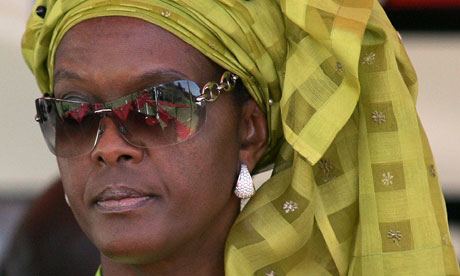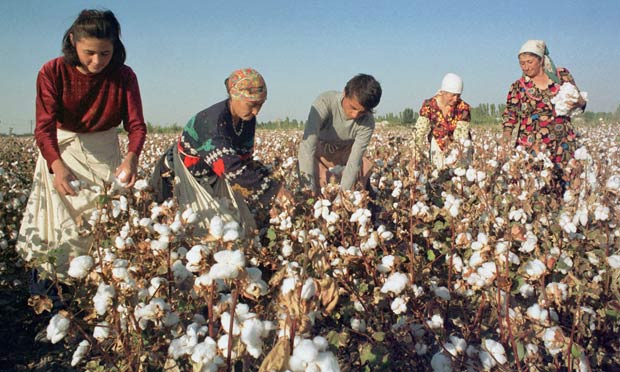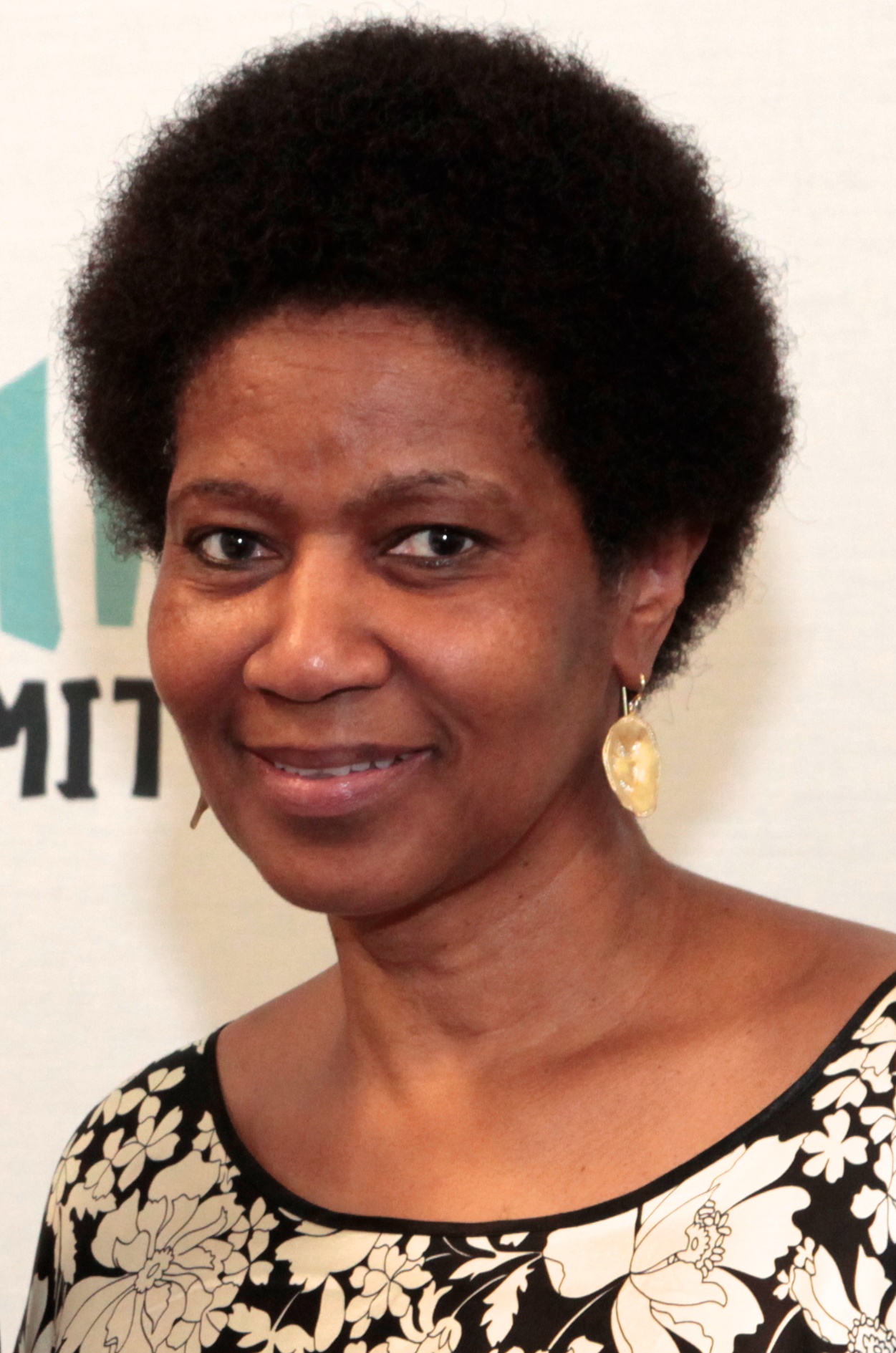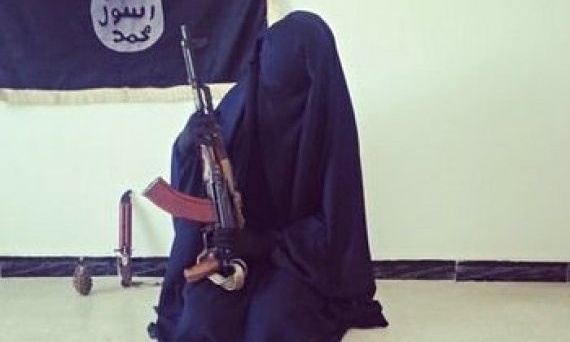From dustbins to diamonds, Grace Mugabe’s transition from office secretary to first lady of Zimbabwe is as perplexing and as suspect as the very family with which she is associated. Notoriously opulent and outlandishly extravagant, Mugabe has taken advantage of her political ties to accumulate an unprecedented level of wealth. Her status as one of the richest individuals in all of Zimbabwe has made her the target of heavy criticism, especially from those concerned with the declining fiscal state of Zimbabwe, a country so financial drained that its plummeting economy has contributed to its being listed as one of the most repressed nations in the world, according to the 2014 Index of Economic Freedom.
The wife of President Robert Mugabe, and frequently referred to by her critics as Gucci Grace, Mugabe raised eyebrows even before assuming her role as first lady. Her relationship with the president began while his wife, Mrs. Sally Hayfron, lay bedridden with a fatal illness. Before Hayfron’s death, Mugabe had given birth to two children, fathered by the president himself.

Frequently painted by those loyal to her husband as a pioneer advocating for the advancement of Zimbabwe’s disadvantaged black population, it has been Mugabe’s lavish lifestyle rather than her political career which has made international headlines. Famous for accumulating a shoe collection worthy of the likes of Marie Antoinette or Catherine the Great, and for spending over £100,000on a shopping trip in Paris, Mugabe has been at the receiving end of US and UK imposed sanctions, established to restrict her and those in her inner circle from benefiting from further international financial transactions.
Mugabe’s main source of income is acquired through the many farms she controls. By upholding her husband’s pro-black stance, Mugabe’s has successfully established her rights over land once owned and managed by the country’s white population. Currently controlling 12,000 acres of agricultural land, Mugabe profits heavily from dairy products, producing 6,500 liters of milk per day and selling it all over the world, including to large-scale corporations such as Swiss-based Nestlé.
Mass land seizure is all too common for Zimbabwe’s white population, who have been at the receiving end of large-scale human rights abuses since President Mugabe first came to power in 1980. One famous case involved John and Eva Matthews, white landowners whose 2,500-acre estate was taken over by the first lady who had given the couple 48 hours to leave the premise or face being arrested. The purpose of such actions is both political and economic for Mugabe and her husband. The lands they control not only provide them with a vast source of wealth, but are seen as political retribution against the unfair treatment of Zimbabwe’s indigenous population at the hands of former European settlers. Today the ability of white landowners to purchase land is becoming increasingly limited. Faced with harassment and violence, many white citizens have left Zimbabwe, seeking a safe refuge elsewhere. As of 2012, 4,500 white farmers were forced to relocate from their lands, leaving only 500 white landowners in Zimbabwe, whose future is clouded with uncertainty.
Any attempt made by the US and UK to impose sanctions against Mugabe and her husband have failed to ease the family’s economic control in Zimbabwe. Mugabe’s relentless determination to remain an authoritative figure has recently seen her branch out into the country’s political arena, having been made leader of Zanu-PF Women’s League, amidst speculation that she could be considered as a future presidential candidate.
Mugabe’s refusal to acknowledge her husband’s wrongdoing in connection with human rights discrimination, electoral fraud and economic mismanagement, is not an uncommon stance for the spouse of a corrupt political leader. Her position is reminiscent of other first ladies including Asma al-Assad, wife of Syrian president Bashar al-Assad, or Imelda Marcos of the Philippines. Both women notoriously spent millions of dollars on clothing, household accessories and personal belongings, while ignoring their husbands’ engagement in mass civil atrocities and human rights abuses. Mugabe’s frivolity is therefore no different from countless first ladies before her, who ignored social disparities and epidemic violence in order to maintain their status of affluence and power – a clear representation that corrupt men attract corrupt women.




